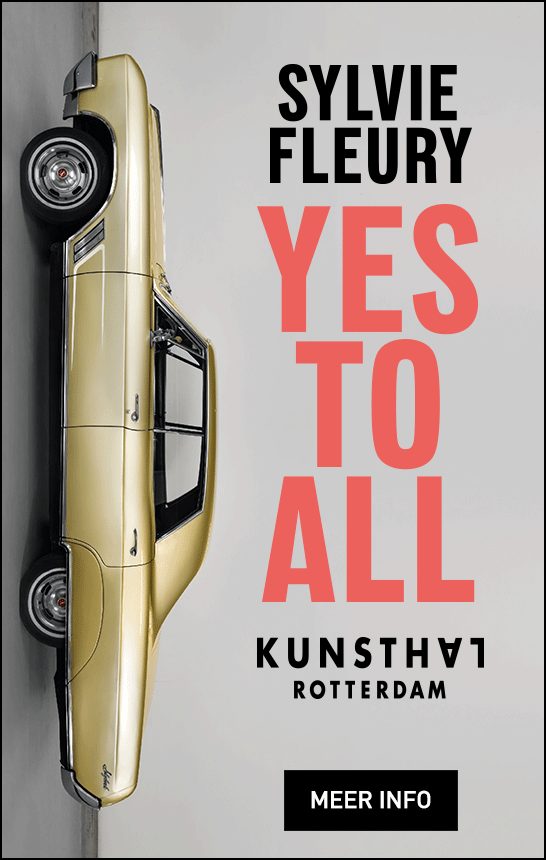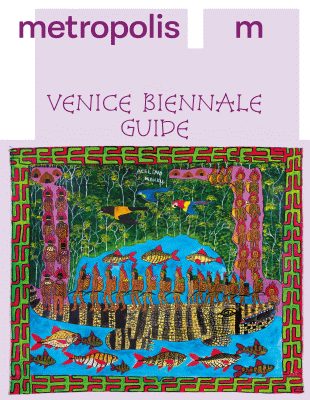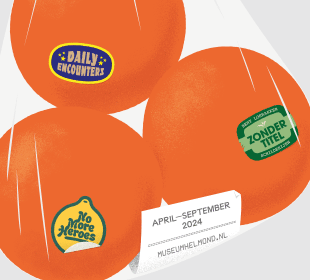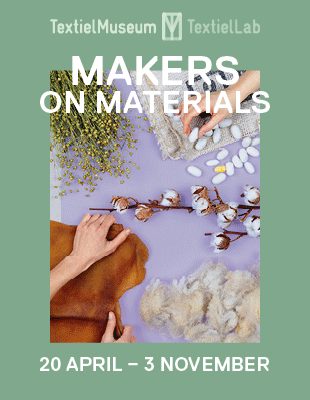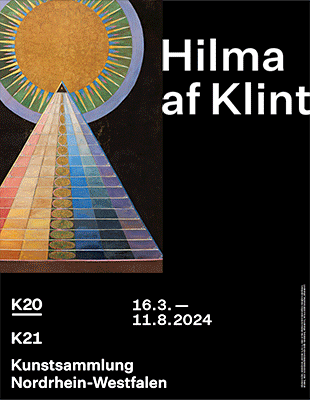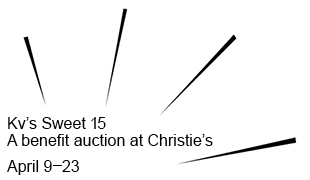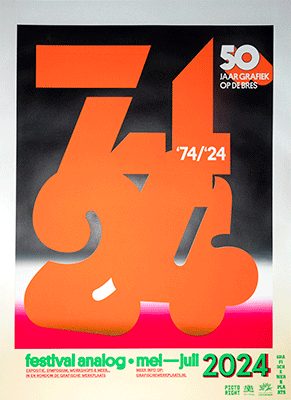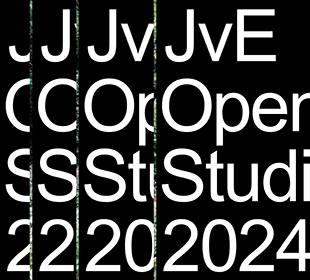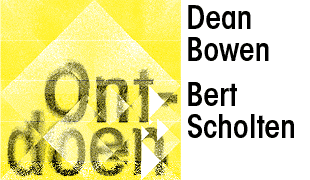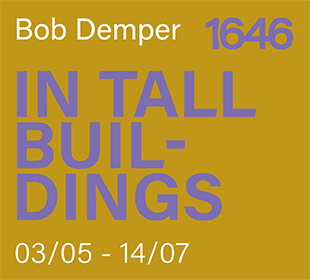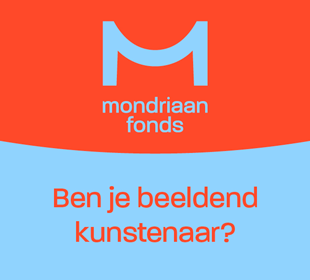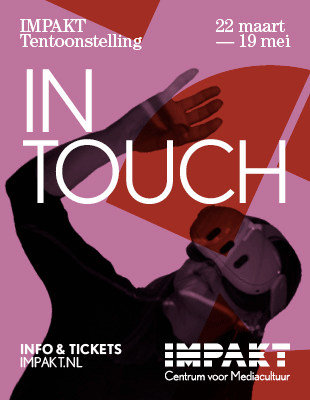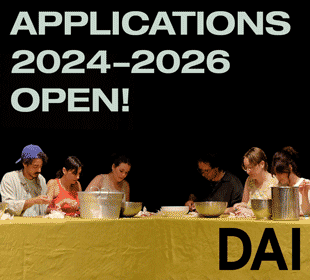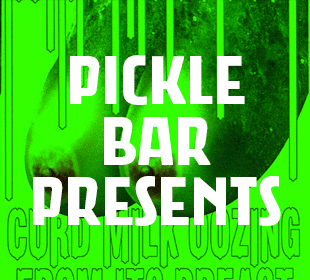Jay Tan
Jay Tan
Piet Zwart Institute, Rotterdam
Jay Tan (UK, 1982) graduated from the Piet Zwart Institute in 2010. She uses common materials to stage scenarios in which tactility and basic mechanics perform key roles, presenting moments of pause in the rolling story of human beings and their making.
Why did you decide to get an MFA? ‘Mostly because I wanted to be part of an institution again. I’ve always loved schools and after obtaining my BA and working by myself in a studio for a few years I wanted to go back to participating full time in a community centred around learning and critical thinking.’
Why the Piet Zwart Institute?
‘While I was doing my undergraduate studies, lots of my favourite artists were based in Belgium and the Netherlands. By the time I was looking for a master’s programme the market was huge – it seemed that lots of people were applying to art schools in London because of their reputation and the promise of glittering careers. When I came across the Piet Zwart Institute in the Netherlands, I was really excited. It was much more intimate than most of the London schools. It seemed to have a sincere ethos aimed at creating a supportive environment to allow artists to really develop their practices.’
Did you know what to expect? ‘Pretty much. I came to one of the open days, chatted to some of the students and stayed in Rotterdam for a long weekend before deciding to apply.’
What did you like most at the Piet Zwart Institute? ‘Lots of things… Learning to speak “Bernd Krauss” and being able to watch him move through the world was pretty high on the list. I had a few major epiphanies, prompted by Hadley+Maxwell and their beautiful seminar on gesture. And being in a place where you get to meet regularly with artists and writers who are as insightful and generous as Liesbeth Bik, Jan Verwoert and Steve Rushton was incredible. I’m probably biased, but I think it’s quite rare to study at a place where the instructors are world class practitioners in their own right and are so dedicated to their students.’
Was it demanding? ‘Yes. It was quite a structured course, with lots of compulsory classes and collaborative projects. Compared to some other MFAs, a good portion of the course promotes discourse and theory, and a lot of the seminars were dedicated to close reading. It’s taken a couple of years for my work to catch up with everything I absorbed while I was studying.’
Did it change you? ‘In terms of life-changing experiences, it’s up there with going through puberty or experiencing an orgasm with another person for the first time. Your eyes widen. Instead of making art just because I enjoyed it and wanted to be an artist, I realized how serious it is. I discovered so much about how politics and aesthetics are so fundamentally caught up in each other, and how invested in the world you need to be in order to be able to work in this field. It’s pretty spectacular.’
Do you have an advice for younger students who are considering undertaking an MA? ‘Well, there’s a fair bit of time and money involved, so think about it properly and pick a good one. Most people feel that the focus you gain on such a programme is invaluable, so it is quite rare to meet professional artists these days who haven’t completed a master’s. At the same time there are free schools, residencies and self-initiated peer-to-peer projects that can offer equally valuable experiences. If an MA wouldn’t suit you, there’s no reason why you couldn’t read lots, seek out your own community and work your bum off independently and do just as well. Institutions are just places where all these things are very conveniently organized in one place.’

